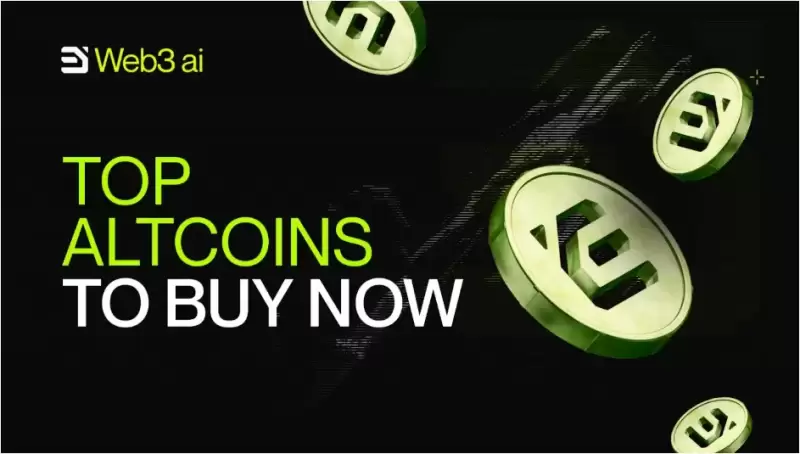To enhance Ethereum's stability, Coinbase has shifted half of its Ethereum validators to Nethermind software, reducing reliance on Geth. This move aims to diversify execution clients and mitigate the risk of catastrophic bugs or exploits. Coinbase's transition marks a milestone in efforts to foster a more diverse client landscape within the Ethereum ecosystem.

Coinbase Transitions Ethereum Validators to Diversify Execution Client Landscape
In a strategic move to safeguard the stability and security of the Ethereum blockchain, cryptocurrency exchange Coinbase has successfully migrated half of its Ethereum validators to alternative software provided by Nethermind.
The move marks a significant milestone in the ongoing effort to diversify the Ethereum ecosystem's execution client landscape. Previously, Coinbase had relied exclusively on Geth, the dominant execution client in the market.
The decision to diversify was driven by concerns that an overwhelming reliance on Geth could pose a systemic risk to Ethereum. If more than two-thirds of validators were to utilize Geth and it experienced a critical bug or exploit, it could lead to a chain split with potentially disastrous consequences, including financial losses and community fragmentation.
Industry experts have emphasized the importance of continued efforts to diversify execution clients to mitigate these risks. According to Jasper, a pseudonymous contributor to liquid staking protocol Rocket Pool, "While Coinbase is probably the largest single node operator on the network, and it's a huge victory, it's not enough."
Recent data suggests that Geth's market share has decreased slightly, with estimates indicating that it now controls just under two-thirds of the execution client market. However, uncertainties persist regarding the accuracy of available data and the actual distribution of execution clients among validators.
Coinbase's commitment to diversification had been previously signaled in February, with plans to further adopt Erigon software in the near future. The exchange's proactive stance has been hailed by industry observers as a positive step towards enhancing the resilience of the Ethereum ecosystem.
Despite the progress made by Coinbase, the full impact of the transition on the Ethereum network remains uncertain. Continued efforts to diversify execution clients and improve data transparency are crucial to mitigating potential vulnerabilities and ensuring the long-term stability of the blockchain.
Disclaimer:info@kdj.com
The information provided is not trading advice. kdj.com does not assume any responsibility for any investments made based on the information provided in this article. Cryptocurrencies are highly volatile and it is highly recommended that you invest with caution after thorough research!
If you believe that the content used on this website infringes your copyright, please contact us immediately (info@kdj.com) and we will delete it promptly.













































![Trading is to follow [Review Video] Gold Bitcoin Crude Oil Orders Make Profits! Trading is to follow [Review Video] Gold Bitcoin Crude Oil Orders Make Profits!](/uploads/2025/04/26/cryptocurrencies-news/videos/trading-follow-review-video-gold-bitcoin-crude-oil-profits/image-1.webp)






































